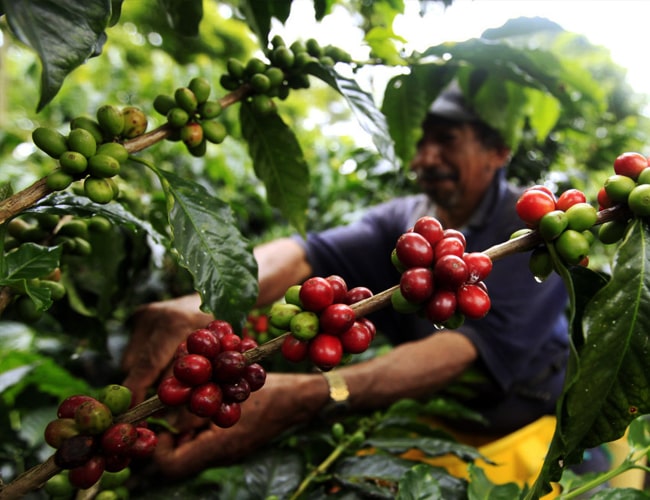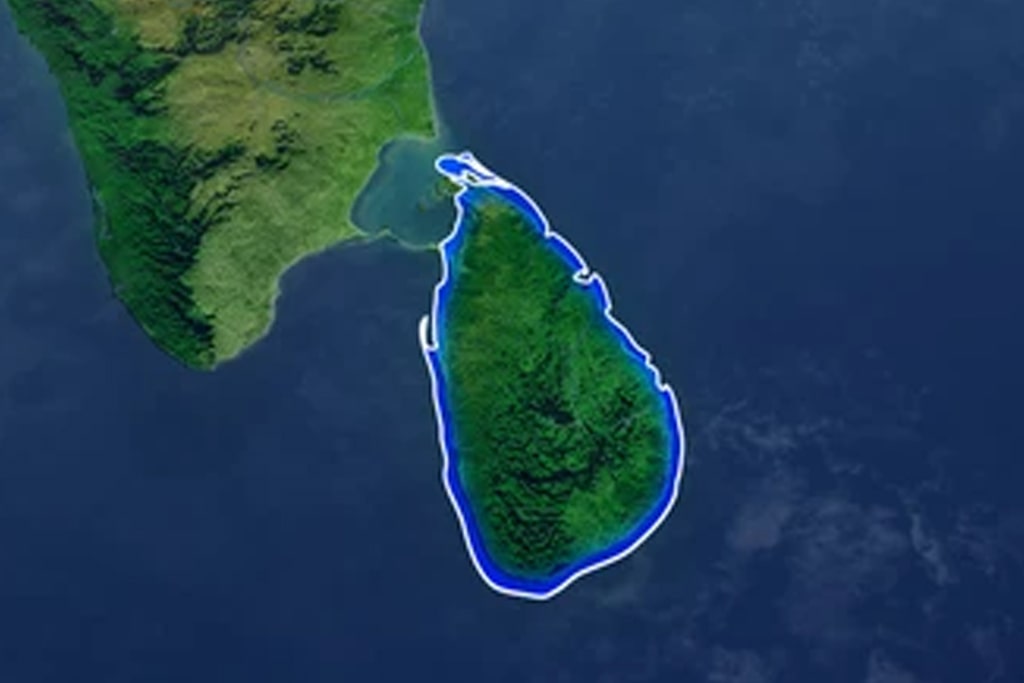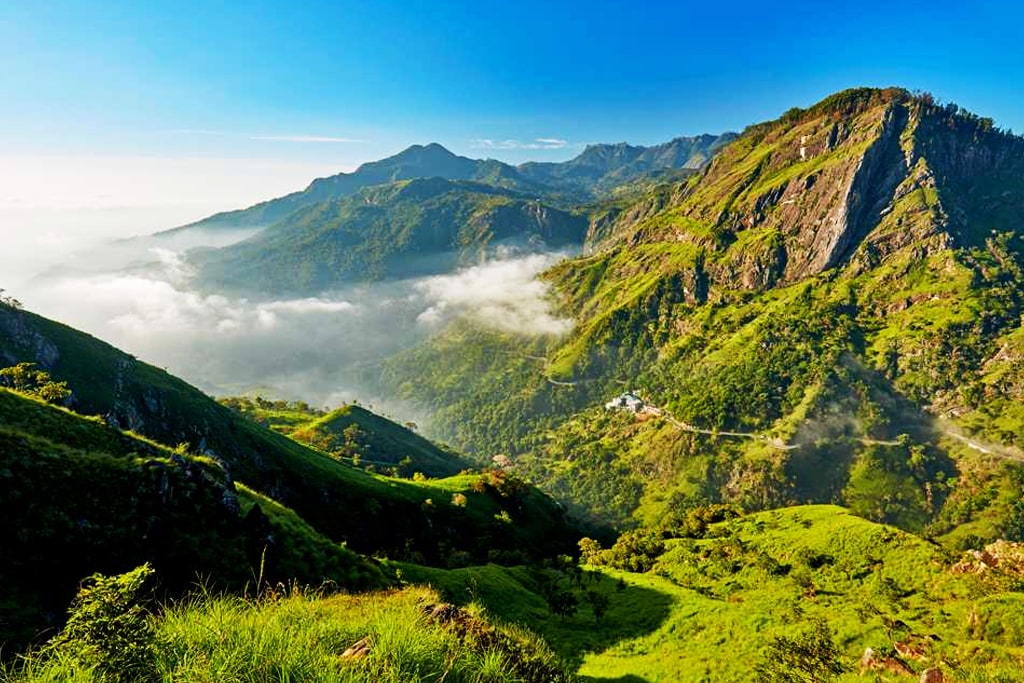
Why Ceylon Coffee Is Special


Where tradition meets excellence

Geographic Origin
Ceylon coffee, also known as Sri Lankan coffee, is exclusively grown in Sri Lanka, an island nation located in the Indian Ocean, off the southeastern coast of India. The country’s diverse microclimates and varying elevations contribute to the coffee’s distinctive characteristics.
Cultivar
Arabica and Robusta coffee (Coffea arabica and Coffea canephora) thrive in Sri Lanka’s diverse microclimates. Arabica cultivars such as Typica and SL28, known for nuanced flavors, complement the robust qualities of select Robusta varieties.


Altitude
Coffee in Sri Lanka is cultivated at a wide range of altitudes, from sea level to over 6,000 feet (approximately 1,800 meters) above sea level. The altitude at which coffee is grown significantly affects its flavor profile, with higher elevations often yielding beans with greater complexity and acidity.
Flavor Profile
Ceylon coffee is celebrated for its well-balanced flavor profile. It typically features bright acidity, medium body, and a diverse range of flavor notes. Common flavor descriptors include citrus, floral, nutty, and sometimes chocolatey or spicy undertones. The specific flavors can vary depending on the region and altitude where the coffee is grown.

Processing Methods
Sri Lanka employs various coffee processing methods it its traditional methods , including washed, natural, and honey-processed. The choice of processing method can influence the coffee’s flavor, with washed coffees often being cleaner and brighter, while natural process coffees can exhibit fruitier and more intense flavors.

Growing Regions
Sri Lanka has several coffee-producing regions, each contributing unique characteristics to Ceylon coffee. Some notable coffee-growing areas include the Central Highlands (e.g., Kandy, Matale), and the Sabaragamuwa region (Kegalle Region).

Sustainability and Certification
Sri Lankan coffee growers have increasingly adopted sustainable and environmentally friendly practices in recent years. Many coffee farms in Sri Lanka are Rainforest Alliance or Fair Trade certified, demonstrating a commitment to ethical and sustainable coffee production.


Historical Significance
Ceylon coffee has a rich history dating back to the 17th century when coffee cultivation was a major industry in Sri Lanka. However, in the late 1800s, coffee plantations were devastated by a coffee leaf disease known as coffee rust. This led to a shift to tea cultivation in the country. Today, Ceylon coffee is making a comeback, and its unique qualities are once again being appreciated by coffee connoisseurs around the world.
Availability
Ceylon coffee is relatively less common in international markets compared to coffees from countries like Ethiopia, Colombia, or Brazil. However, it has gained recognition for its distinctive flavors, and specialty coffee roasters are increasingly sourcing beans from Sri Lanka.


